- TOP
- Stagehands; Gosho Dolls
Overview
Stagehands; Gosho Dolls
- Museum No.
- IK383
Showing 1-6 of 1
| Title | Stagehands; Gosho Dolls |
|---|---|
| Designation | |
| Artist | Okamoto Shotaro |
| Category | Textiles(I), Dolls |
| Country | Japan |
| Period | Shōwa |
| Century | 20th |
| Year | |
| Quantity | |
| Materials | |
| Dimensions | |
| Inscription by | |
| Signature/Seals Etc | |
| Donor | Okamoto Kiyo |
This object may be one within a set or the title of a set. To see all objects in the set, perform a Category Search by the Museum Number below, entering numerals only before the hyphen.

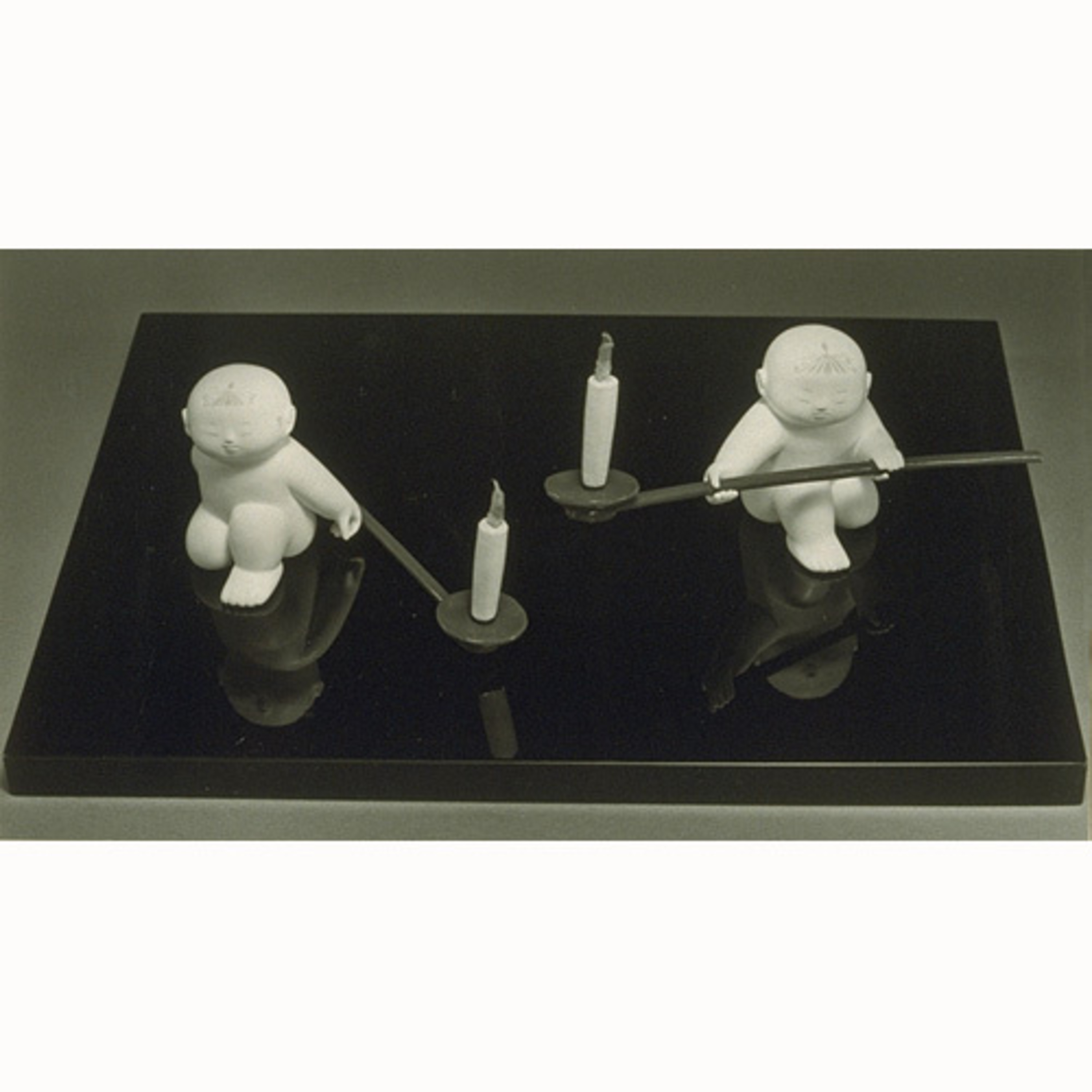

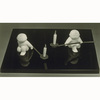




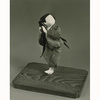
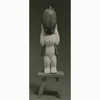
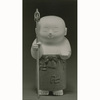


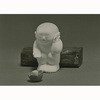
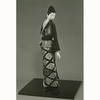
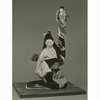
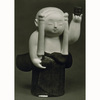
Home of many sculptors of Buddhist statues and masks, Kyoto became a large producer of dolls in the Edo period (1616-1867), carrying on the tradition of woodcarving. The fourth generation of the Mentake family famed for their Kyoto dolls, Okamoto Shôtarô (1895-1980), inherited the art of producing these kyô ningyô (Kyoto dolls). He made gosho ningyô (Imperial dolls), that had special elegance and gentle expressions, as well as ishô ningyô (costume dolls), dressed in Heian court garb. Even today gosho ningyô, made by painting layers of calcium carbonate (J., gofun) on a carved paulownia or clay form and giving the surface a polished finish, are among the traditional crafts associated with Kyoto.
Japan-Showa